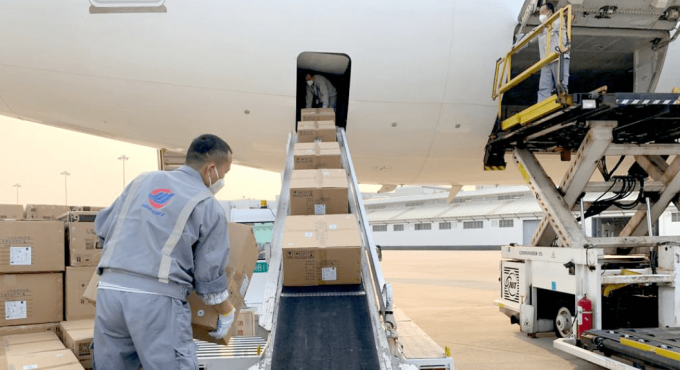The Aerologic is clear as DHL dumps Atlas JV and goes with Lufthansa
Lufthansa – a more comfortable partner for DHL

Just four airlines now account for 72% of the ‘preighter’ market – which could shrink further as the FAA exemption allowing carriers to carry cargo in cabins expires on 10 July.
New data from Cargo Facts Consulting (CFC) shows that, in the third week of June, airlines operated 1,461 passenger-freighter flights and, of those, Qatar Airways operated 28%, American Airlines 18%, Air Canada 15% and United 10%.
Two-thirds of the flights were into the Americas, with European and Asian destinations accounting for ...
Asia-USEC shippers to lose 42% capacity in a surge of blanked sailings
USTR fees will lead to 'complete destabilisation' of container shipping alliances
New USTR port fees threaten shipping and global supply chains, says Cosco
Outlook for container shipping 'more uncertain now than at the onset of Covid'
Transpac container service closures mount
DHL Express suspends non-de minimis B2C parcels to US consumers
Zim ordered to pay Samsung $3.7m for 'wrongful' D&D charges
Flexport lawsuit an 'undifferentiated mass of gibberish', claims Freightmate

Comment on this article